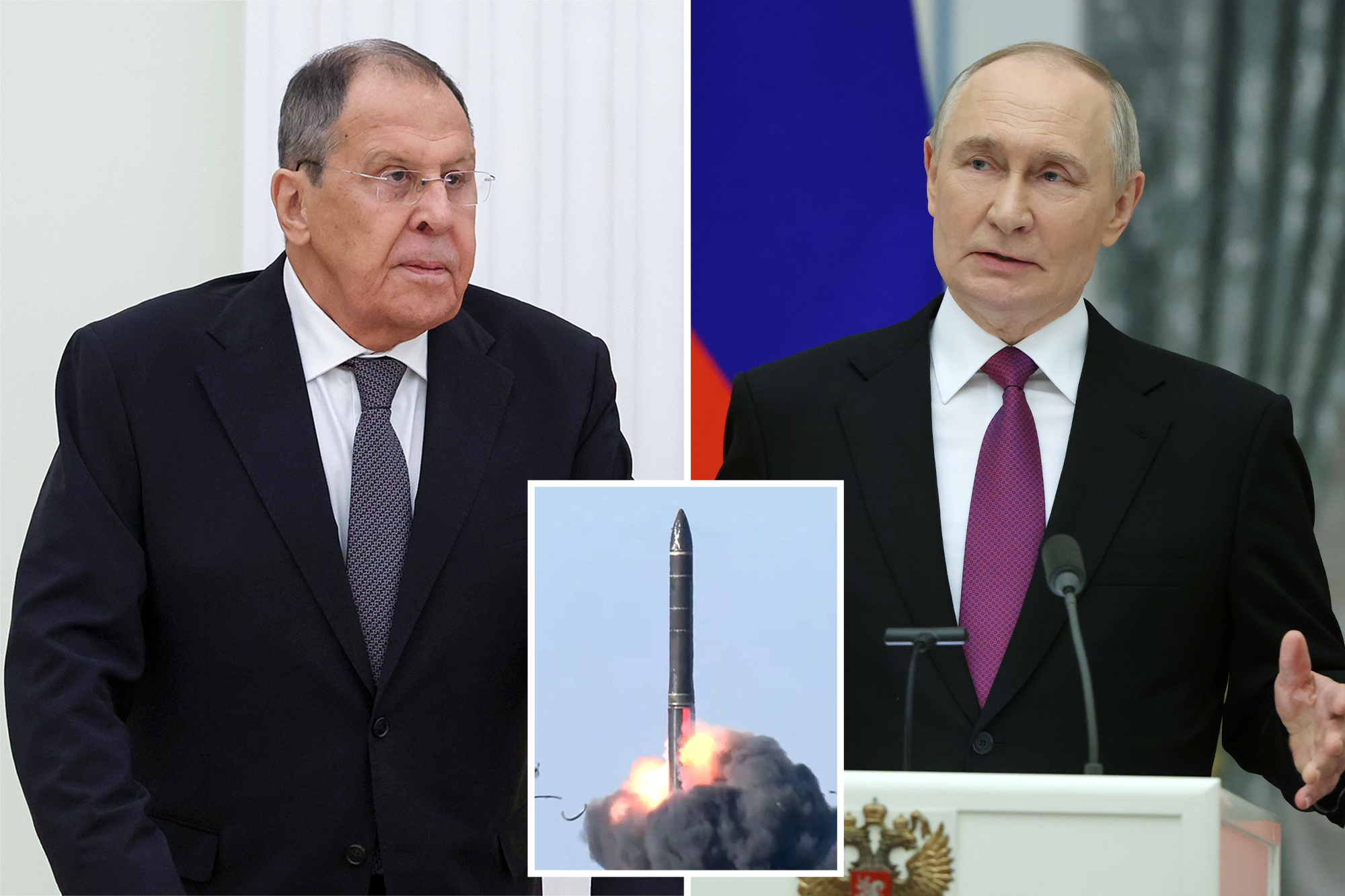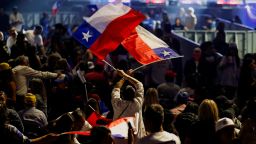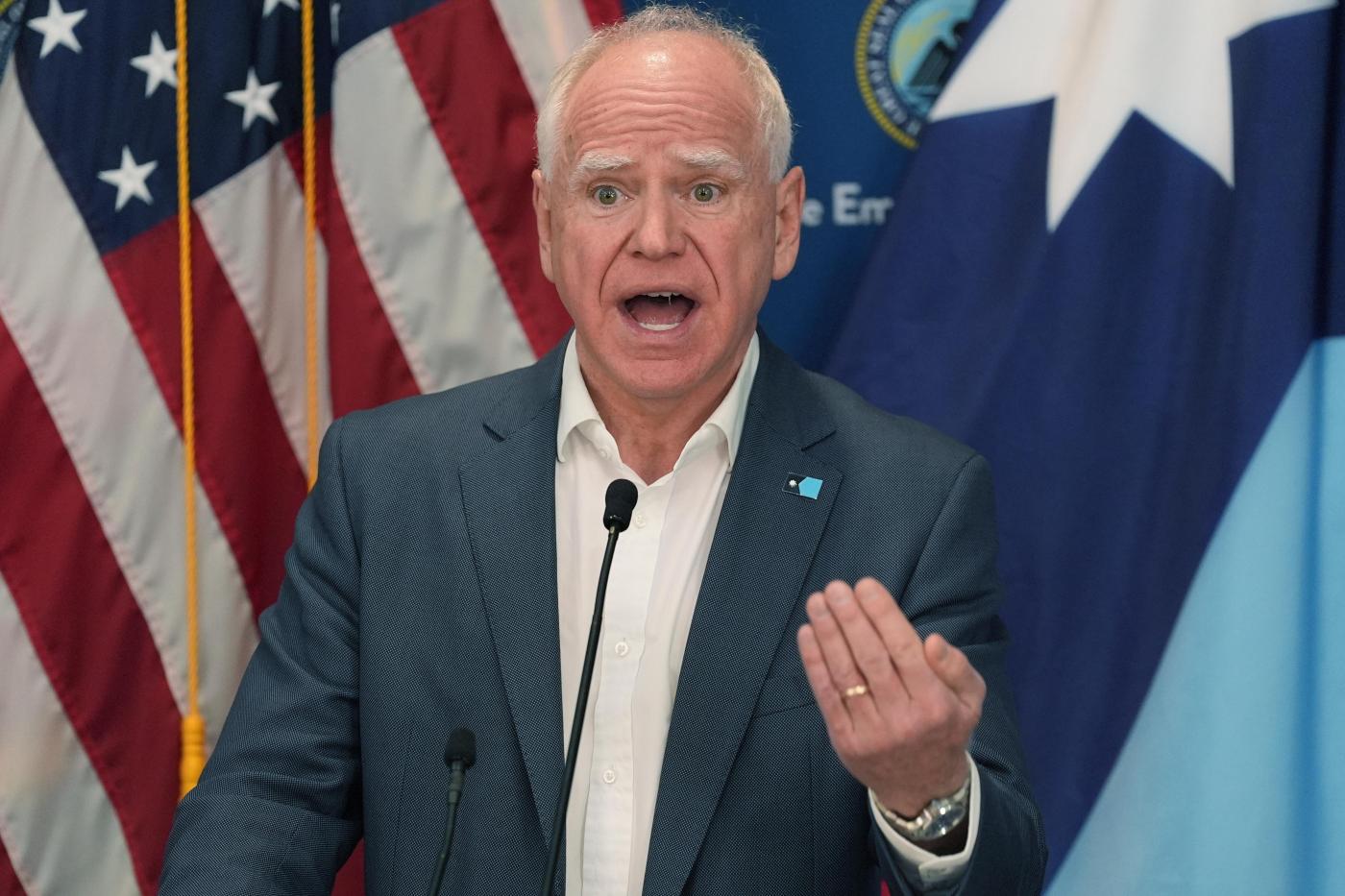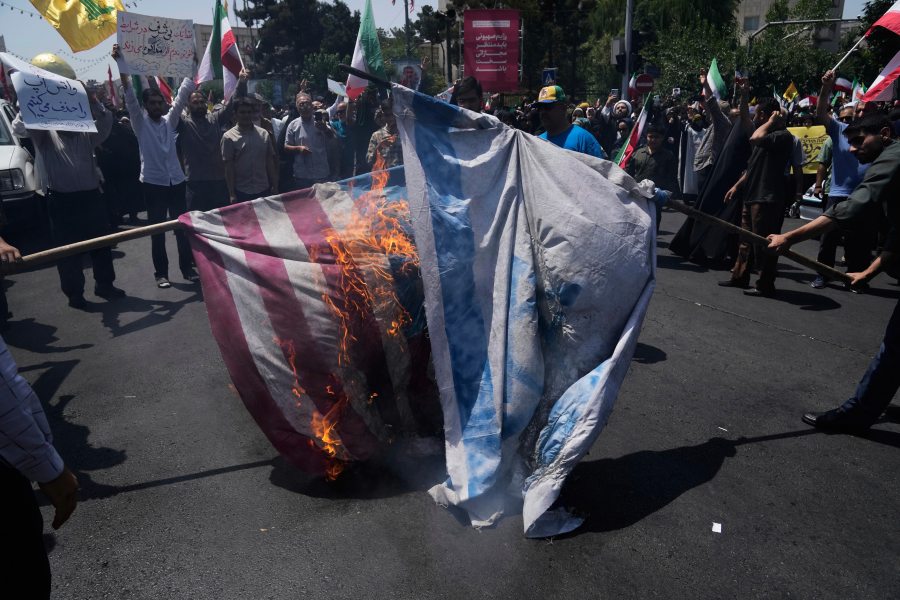Russian Foreign Minister Sergey Lavrov announced on Saturday that the Kremlin is developing proposals for nuclear weapons testing. This move follows directives from President Vladimir Putin in light of recent statements made by US President Donald Trump. According to state media reports, the proposals are part of a broader response to the evolving geopolitical landscape.
During a press conference, Lavrov confirmed that Putin’s instructions from the Security Council meeting on November 5, 2023, are being implemented. “It has been accepted for implementation and is being worked on,” he stated, as reported by TASS. He assured that the public would be informed of any developments regarding the proposals.
The backdrop to these discussions includes Trump’s surprising remarks last week, where he indicated the United States might resume nuclear testing for the first time in three decades. “Because of other countries’ testing programs, I have instructed the Department of War to start testing our nuclear weapons on an equal basis,” Trump wrote on his social media platform, Truth Social. He emphasized that this process would “begin immediately.”
Lavrov expressed uncertainty about the specifics of Trump’s intentions, noting that the US has yet to provide clarification on whether the discussions pertain to testing nuclear weapons carriers or conducting subcritical tests. He remarked, “Maybe Donald Trump really talked about Washington’s intention to resume full-scale nuclear tests.”
The United States has maintained a voluntary moratorium on nuclear explosive testing since 1992. Since then, only North Korea has conducted confirmed nuclear tests, while China is believed to have carried out secret, lower-grade tests in recent years.
As Russia moves forward with its proposals, the potential for renewed nuclear testing raises significant concerns within the international community. Both nations have faced scrutiny over their nuclear arsenals, and the possibility of re-engaging in such testing could further escalate tensions. The implications of these developments are yet to be fully understood, but they signal a notable shift in the dynamics of international nuclear policy.
With the situation rapidly evolving, both the Kremlin and the White House will likely face pressure to clarify their positions on nuclear testing and engage in discussions aimed at reducing the risk of escalation. The global community watches closely as these powerful nations navigate their next steps in an increasingly complex geopolitical landscape.







